| June 2019 Edition |
View in browser | Print |
 | 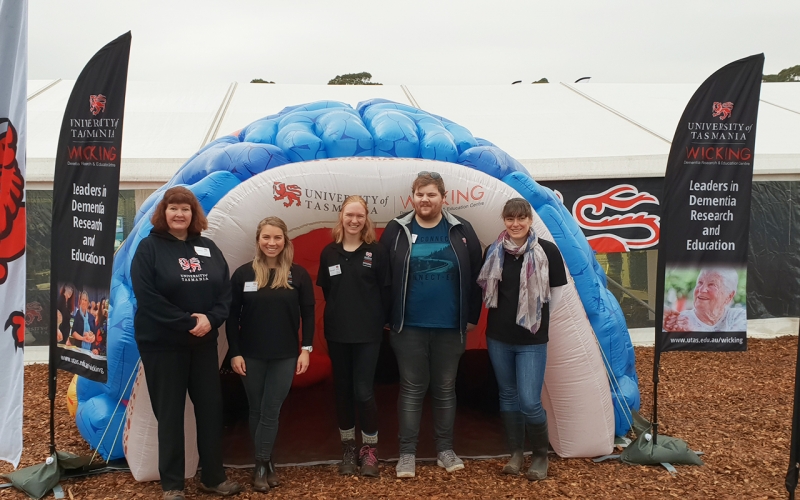 | | Welcome | 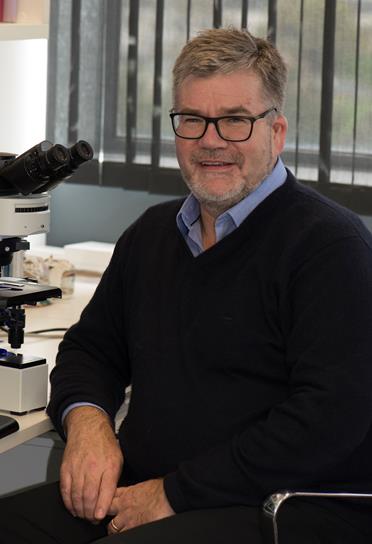
The quality and safety of aged care in Australia is under the microscope in a current Royal Commission inquiry. The Commission had a particular focus on dementia through May in hearings in Sydney. Associate Professor Lyn Goldberg and Dr Juanita Westbury from the Wicking Dementia Centre appeared as expert witnesses to the Commission. Lyn spoke on the challenges of maintaining quality oral health, nutrition and feeding capacity in residential care and also detailed her work in collaboration with the Circular Head Aboriginal Community on education and training for Aboriginal Health Workers. Juanita related the extent of inappropriate prescribing of drugs that affect brain function in older adults, especially for those with dementia, and also outlined a program that successfully reduced such overprescribing in 150 residential aged care homes across Australia. While the Commission did uncover examples of abuse and negligence, as well as the consequences of a care system not geared to increasing numbers of residents with a cognitive impairment, it did highlight that better education and training should be part of the approach to improve care quality and safety. This was also the subject of a University of Tasmania submission to the Royal Commission where we identified that poor knowledge of dementia amongst staff and managers in residential care, as well as limited dementia content in what we teach doctors, nurses and allied health practitioners across Australia, is one of the root causes of poor quality care for people with dementia. This is why we developed both the dementia MOOCs and the Dementia Degree Program. Our work in this area continues with further new educational opportunities, including a postgraduate degree program targeted at health care professionals and policy makers who are looking to boost their knowledge in dementia. We are also developing a new undergraduate degree that has a focus on assisting people in navigating the complexities of the aged care system. Applications are now open for these new courses. While we do not have any effective means to stop the disease processes that lead to dementia, it is also important that we seek to build the resilience of the community in terms of reducing risk factors for dementia. The evidence currently indicates that around a third of dementia cases strongly relate to a set of risk factors that are potentially modifiable. We are trialing a new approach to reducing dementia risk in a unique ‘whole-of-population’ study based in Tasmania, the ISLAND Project, which we are also introducing in this newsletter. Hopefully what we learn from this investigation in our home state may then inform a wider public health program nationally and internationally.
|  | | Our Community |
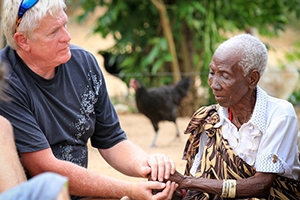 | 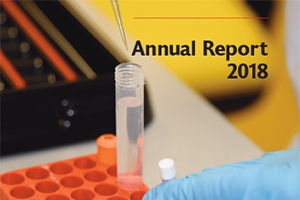 | 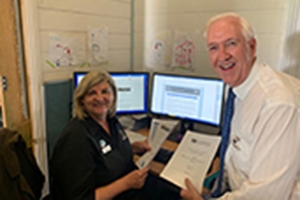 |
An African story | 2018 Annual Report | My never-ending vocation |
In Africa, people living with dementia, may be perceived as witches / wizards, and as a result are being ostracized, chained and even killed. Read about a real-life Namibian story from Founder and CEO of Alzheimer Dementia Namibia, Berrie Holtzhausen. Read more | The Wicking Dementia Research and Education Centre 2018 Annual Report is available on our website. It outlines the research and education activities and outcomes over the past year and highlights a number of key projects. Read more | After three years of online learning, Associate Degree Graduate, Michael Preston, has continued his journey of development, entering into the field of dementia education and moving from southern Tasmania to New South Wales. Read more |
|
| Our Education |
 | 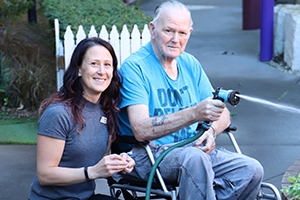 | 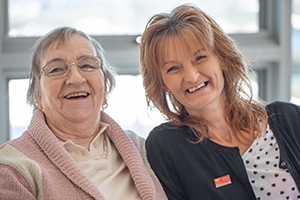 |
New courses available from July 2019 | Are you a carer or nurse? | Understanding Dementia MOOC opens 9 July |
| APPLY NOW | If you are involved in direct care and wish to increase your knowledge of dementia care - our Dementia Care Degree Program will help you develop your skills and improve the lives of those living with dementia. Australia's first degree focused on dementia care and delivered entirely online. APPLY NOW | Our latest UD MOOC is now open for enrolment - help us spread the word by sharing your experiences and please encourage colleagues and friends to enrol today. Print and digital resources are available. Visit the Understanding Dementia Facebook page and share a post to 'enrol now' with your networks. |
|
| Which course is right for me? | |
Join our webinar to hear directly from Wicking Dementia Centre lecturers, who will give you an overview of all three degree study options. Learn which course is best suited to you. Webinar will be live from 7.00pm (EST) on Monday 24 June 2019 and a video will also be available after on our website following the webinar. Register for the webinar
| | Our Research |
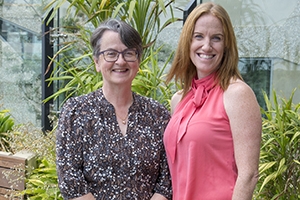 | 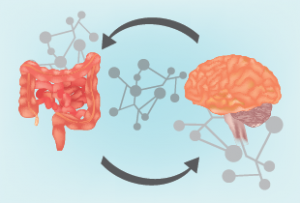 | 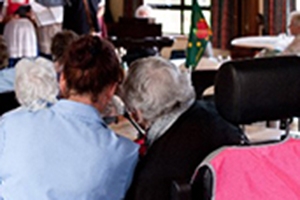 |
'Sharing is Caring' project | Gut bacteria may be the key to dementia risk factors | Aged Care Managers within Tasmania wanted! |
Researchers from the UTAS School of Nursing and Wicking Dementia Centre are collaborating on a project designed to capture the stories of primary carers of people living with dementia, to find out about their experiences of caregiving and how they find meaning in this process. Read more | Household carers of people with dementia are six times more likely to develop the disease in the future. To solve this perplexing puzzle, researchers at the Wicking Dementia Centre are looking to gut bacteria for the answers. Read more | We want your help to identify which strategies best support aged and dementia care workers in their roles. You are invited to a focus group to give input on the design of a new workforce program called Work4Dementia. If you are a manager in an aged care organisation in Tasmania and would like to contribute, please read more. Read more |
|
| Help us keep dementia education free | 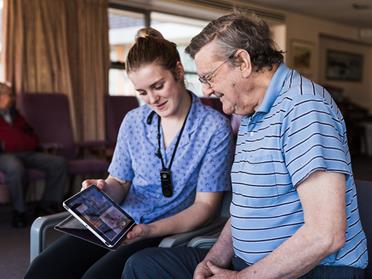
Philanthropy vital to changing lives
Thank you to the following donors that this year have joined a vital group of people that collectively contribute towards making the work we undertake possible, including the John and Janet Wicking Trust whose support founded the Centre in 2008.
The Wicking Dementia Centre brings a unique approach to improving dementia literacy through online, accessible education and has a range of interdisciplinary research programs. As the number of cases of dementia continues to rise, we require additional funding to extend the reach of our education programs, and improve the lives of those impacted by the condition. Every contribution, no matter what size, goes to progressing our purpose. If you would also like to give, please visit our donation page or contact Caroline Gray, Business Manager. Email: caroline.gray@utas.ed.au or Phone: +61 3 6226 4750. Visit our donation page here
|
2019 Donors | 2019 Donors |
Julie & Johann van den Driesen
Nickolas C D'Alessandro
Amy Schulenburg
Margaret June Kusay
Jo Lowe
In memory of Noel Brown
John Carroll
Maria Gaggiano
Priscilla Hunt
Terri Renneberg
Ruth Figes
Edward Larkin
Sandra Fuchs
Martha Hunter
Katrina Sage
Delanie Halton
Mary Inemhonlan
Ken Mason
Jeanie Chung
Janice Fleming
Andrew Brown
Jeanne Hover | Siva Sunderam
Bruce Burford
Jenny Andrews
Margaret Hills
Aaron Garrood
Agnes Raballand
Peter Meers
Svetlana Manns
Wendy Dunn
Corinna Ehlert
Patricia Rego
Fiona McCook
Sandra Missingham
Sirin Özkaynak
Peter Hodel
In memory of Marjorie Ellen Hill
Pamela McSweeney
Karen Stevens
Kerry Longman
Peter Johnson |
|
| News from the Community | 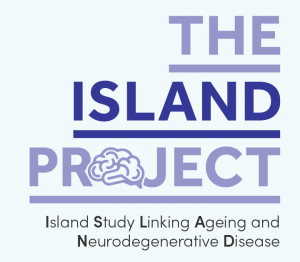
The ISLAND Project
There are nearly 10 million new dementia cases every year and this figure is set to triple by 2050. The Island Study Linking Ageing and Neurodegenerative Disease (ISLAND) Project will be the largest dementia prevention study in the world. This project is designed for Tasmanians aged 50 and over. To find out more: register your interest
|
|
Stay connected:
|




|
utas.edu.au/wicking
|
| |
|
|